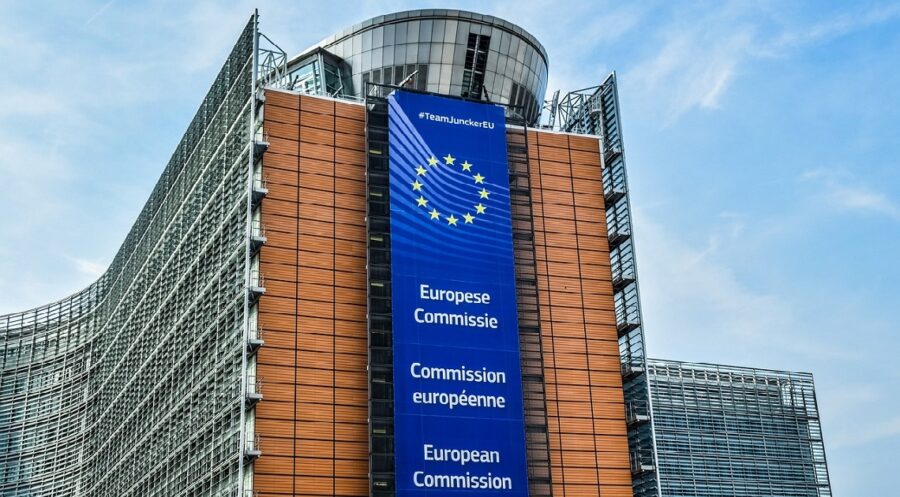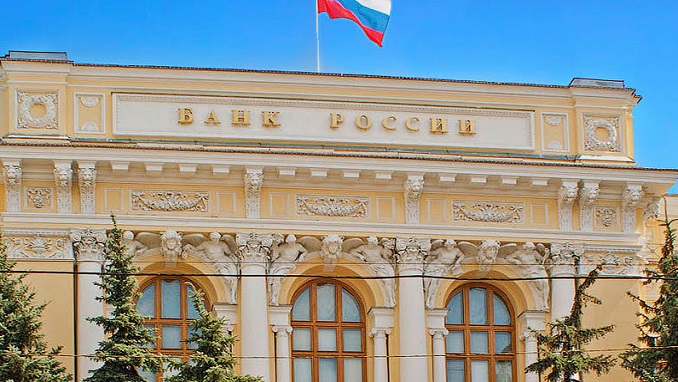The European Commission has proposed on Wednesday, an extraordinary support package for Ukraine of up to €18 billion for 2023 in response to the European Council meeting on October 20-21, 2022, a ReliefWeb cites a press release published on the European Commission website.
Starting in 2023, this will take the form of loans with extremely favorable terms that are disbursed in set payments.
This consistent, regular, and predictable financial support, which comes in at an average of €1.5 billion per month, will go a long way toward meeting Ukraine’s projected €3 to €4 billion monthly short-term liquidity needs in 2023. To meet all of Ukraine’s financial demands through 2023, the support offered by the EU would need to be matched by comparable initiatives from other significant contributors.
With the help of this package, Ukraine will be able to continue paying salaries and pensions and keep maintaining vital public services like hospitals, schools, and housing for the displaced. Additionally, it would enable Ukraine to guarantee macroeconomic stability and rebuild crucial infrastructure, including roads, bridges, water systems, and energy infrastructure, that was devastated by Russia during its aggressive war.
To further strengthen the rule of law, good governance, anti-fraud, and anti-corruption measures in Ukraine, changes will go hand in hand with the support provided by the instrument.
To improve Ukraine’s institutions, lay the groundwork for a successful reconstruction effort, and support Ukraine on its journey to Europe, financial support will be structured by policy requirements while taking into consideration the development on the ground.
The Commission suggests adopting the diversified funding method to borrow on capital markets to secure the money for the loans. When needed, the Commission would be able to acquire market finance on the most favourable conditions by using the complete range of financial mechanisms.
The Commission is presenting three legislative measures to make sure that the package is delivered without a hitch. Before becoming effective, these must be approved by the European Parliament and EU Member States in the Council.
As usual, the Commission will collaborate closely with all relevant EU institutions to hasten adoption.



